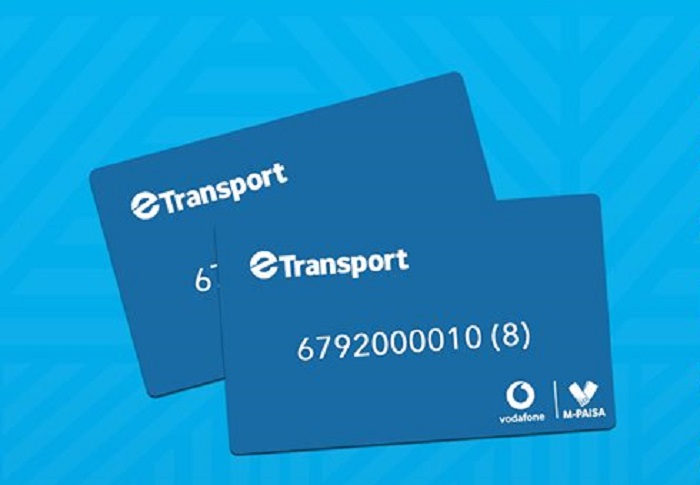The Ministry of Education in Fiji is considering introducing Point of Sale terminals in schools to improve the implementation of the Transport Assistance Scheme, particularly in urban and rural areas.
With over 77,000 students eligible for the scheme, up from 55,000-plus when it was first introduced in 2018, there has been criticism due to an 18 per cent non-redemption rate for subsidised cards.
Speaking on the issue at the recent parliament sitting, Minister for Education Viliame Gavoka attributed it to issues such as verification problems in the Fiji Education Management Information System (FEMIS), delays in updating lost or damaged card information, and failure by some 2023 cardholders to reapply for assistance in 2024.
Gavoka outlined the process followed by the ministry for card redemption, stressing the importance of timely submission of application forms by parents and guardians and the need for accurate information in FEMIS.
“Parents and guardians must ensure that the transport assistance application form is submitted at school. The Head of the School assesses the application and updates the verified application into the Fiji Education Management Information System (FEMIS). The Head of School will verify the status of the application in FEMIS. Headquarters staff extract the transport assistance data of students that have applied and send it to Vodafone Fiji to provide the student’s recent card number and balance. Headquarters staff calculate the fare from the families’ data and end balance from Vodafone Fiji to upload the funds to the subsidised cards to cater for them for the school term. Students redeem their subsidised cards at the redeeming centres.
“Some of the reasons, why there is non-redeeming of cards by 18 per cent is that the non-verification of student application in FEMIS is factoring this. An area of concern is the change of card due to loss or damage. However, the new card number information is not submitted to headquarters who in turn are unable to submit it to Vodafone for loading of funds. This is a critical area. The new card will not work if the process is not observed about the lost and damaged card.
“We also had 2023 subsidised cardholders who have not applied for assistance of this academic year 2024. They may have balances from 2023 and used it all at the beginning of the year, but because they have not applied for the new academic year, the card is not topped up.”
He also addressed concerns about delays in payments to Rural Service License (RSL) transport providers, attributing them to checklist requirements not being met.
“The RSL summarises and the vouchers are submitted by the transport provider to the District Officer. The District Transport Assistant Officer counts the vouchers and verifies the RSL voucher summary is correctly filled as per the checklist. Once the verification is complete and the checklist filled, the relevant documents are submitted to headquarters. Headquarters verifies the summary before HMS input and further processing, within three to five days we make payments.”
Despite challenges, 63,454 out of 77,539 students redeemed their subsidised cards for the first school term this year.
Photo: File









